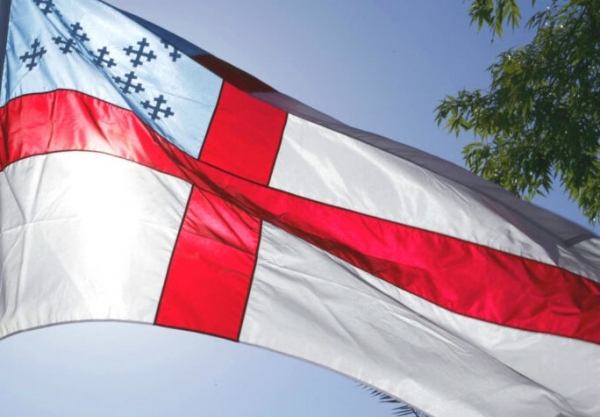The Episcopal Church

THE EPISCOPAL CHURCH is the American branch of the Anglican Communion.
The Anglican Communion is an inheritor of 2000 years of catholic and apostolic tradition dating from Christ himself, rooted in the Church of England. When the Church of England spread throughout the British Empire, sister churches sprang up. These churches, while autonomous in their governance, are bound together by tradition, Scripture, and the inheritance they have received from the Church of England. They together make up the Anglican Communion, a body headed spiritually by the Archbishop of Canterbury and having some 80 million members, making it the second largest Christian body in the Western world.
The Episcopal Church came into existence as an independent denomination after the American Revolution. Today it has between two and three million members in the United States, Mexico, and Central America, all of which are under jurisdiction of the Presiding Bishop of the Episcopal Church, the Most Rev. Michael Curry.
Bishops in the American Episcopal Church are elected by individual dioceses and are consecrated into the Apostolic Succession, considered to witness to an unbroken line of Church leadership beginning with the Apostles themselves. For more than two decades the American Episcopal Church has ordained women to the priesthood. In 1988 the Diocese of Massachusetts elected the first Anglican woman bishop, Barbara Harris.
Although it subscribes to the historic Creeds (the Nicene Creed and the Apostles' Creed), considers the Bible to be divinely inspired, and holds the Eucharist or Lord's Supper to be the central act of Christian worship, the Episcopal Church grants great latitude in interpretation of doctrine. It tends to stress less the confession of particular beliefs than the use of the Book of Common Prayer in public worship. This book first published in the sixteenth century, even in its revisions, stands today as a major source of unity for Anglicans around the world.
The Church of England has always valued the life of the mind and dialogue with fields of secular study. Isaac Newton was an Anglican clergyman and theologian as were several of the founders of the Royal Society, the earliest institution organized for the promotion of science. The Episcopal Church maintains this tradition, routinely requiring its clergy to hold university as well as seminary degrees and supporting many university chaplains.
Source: Anglican History on Anglican Online website